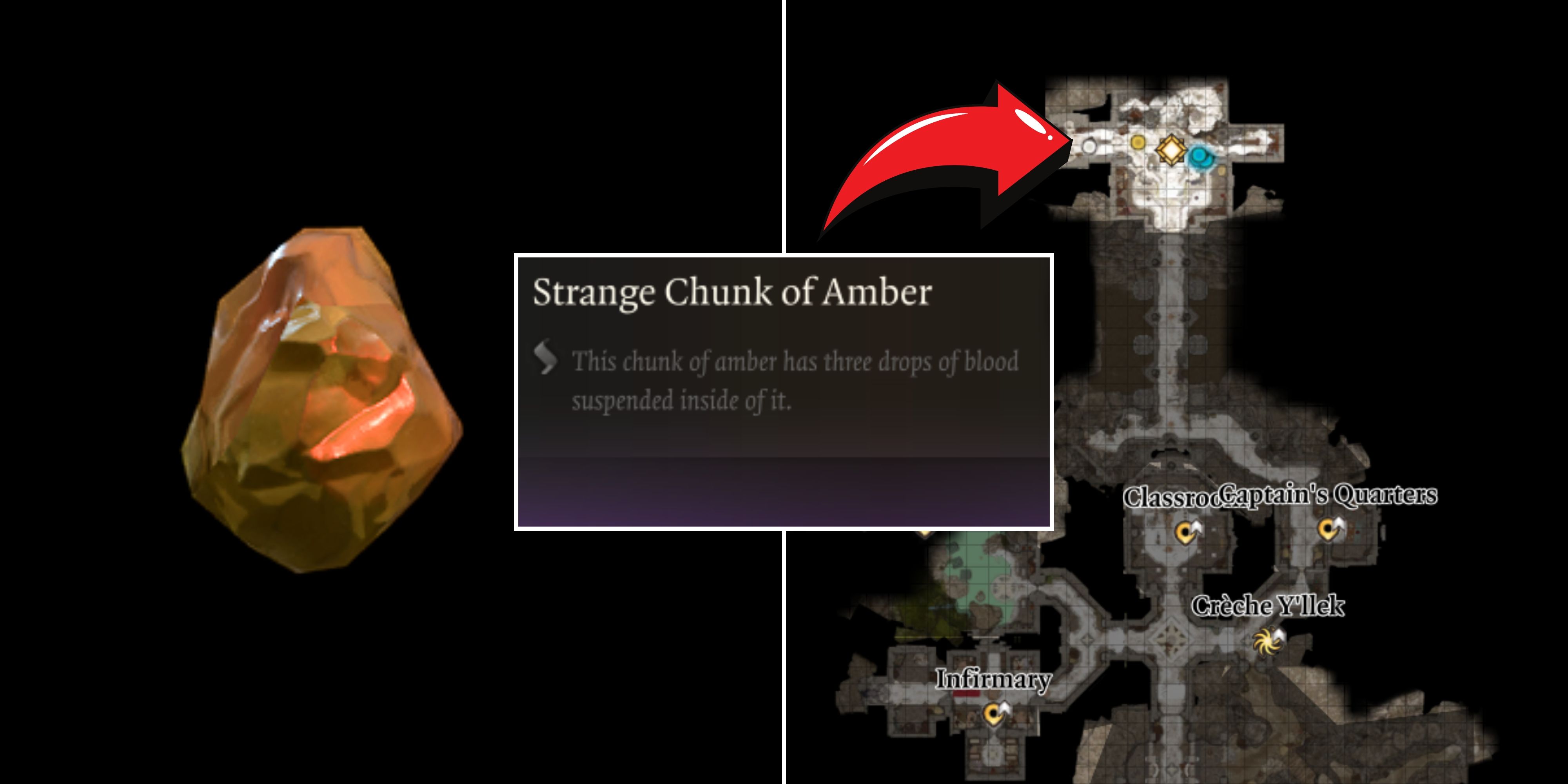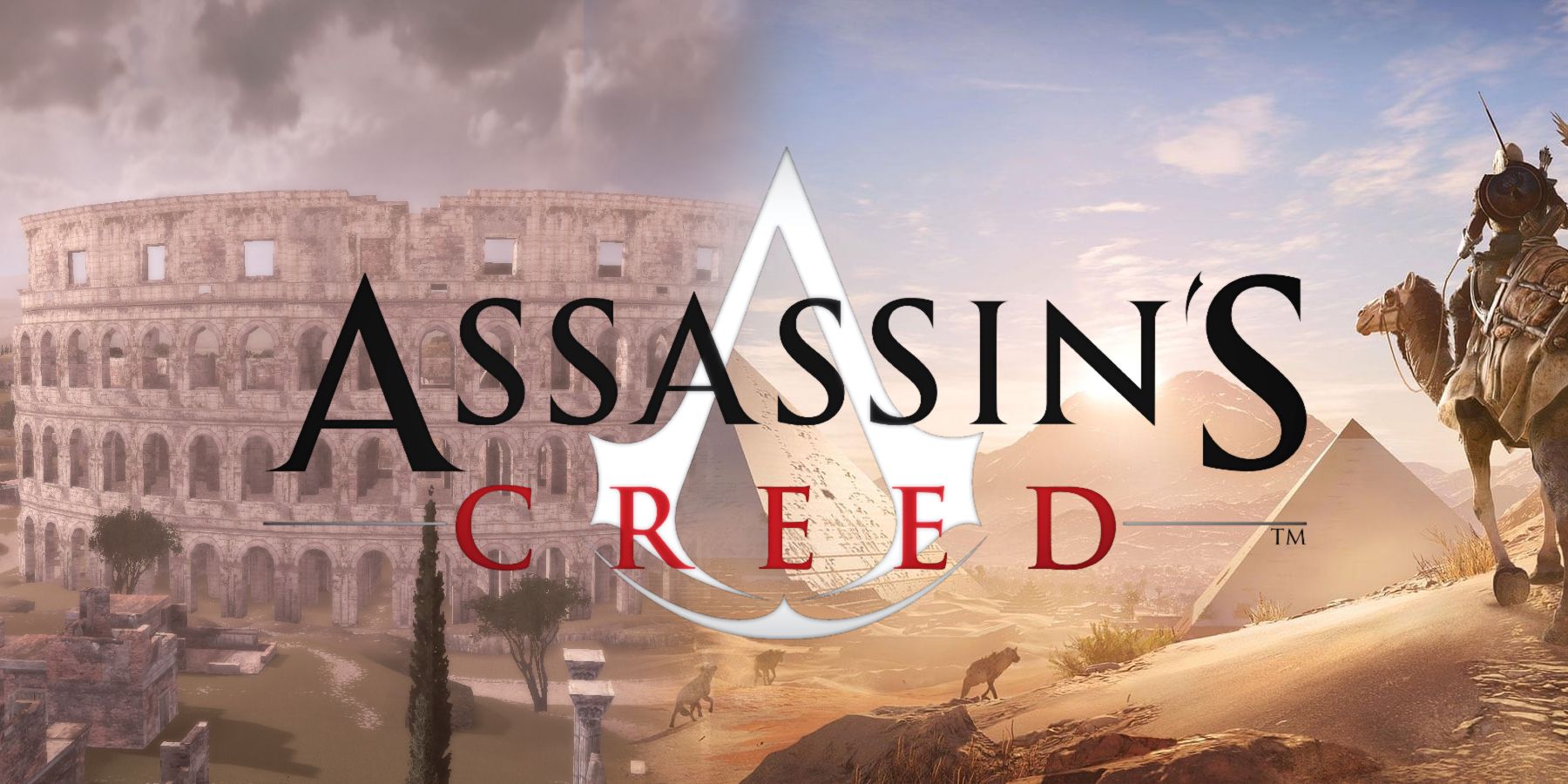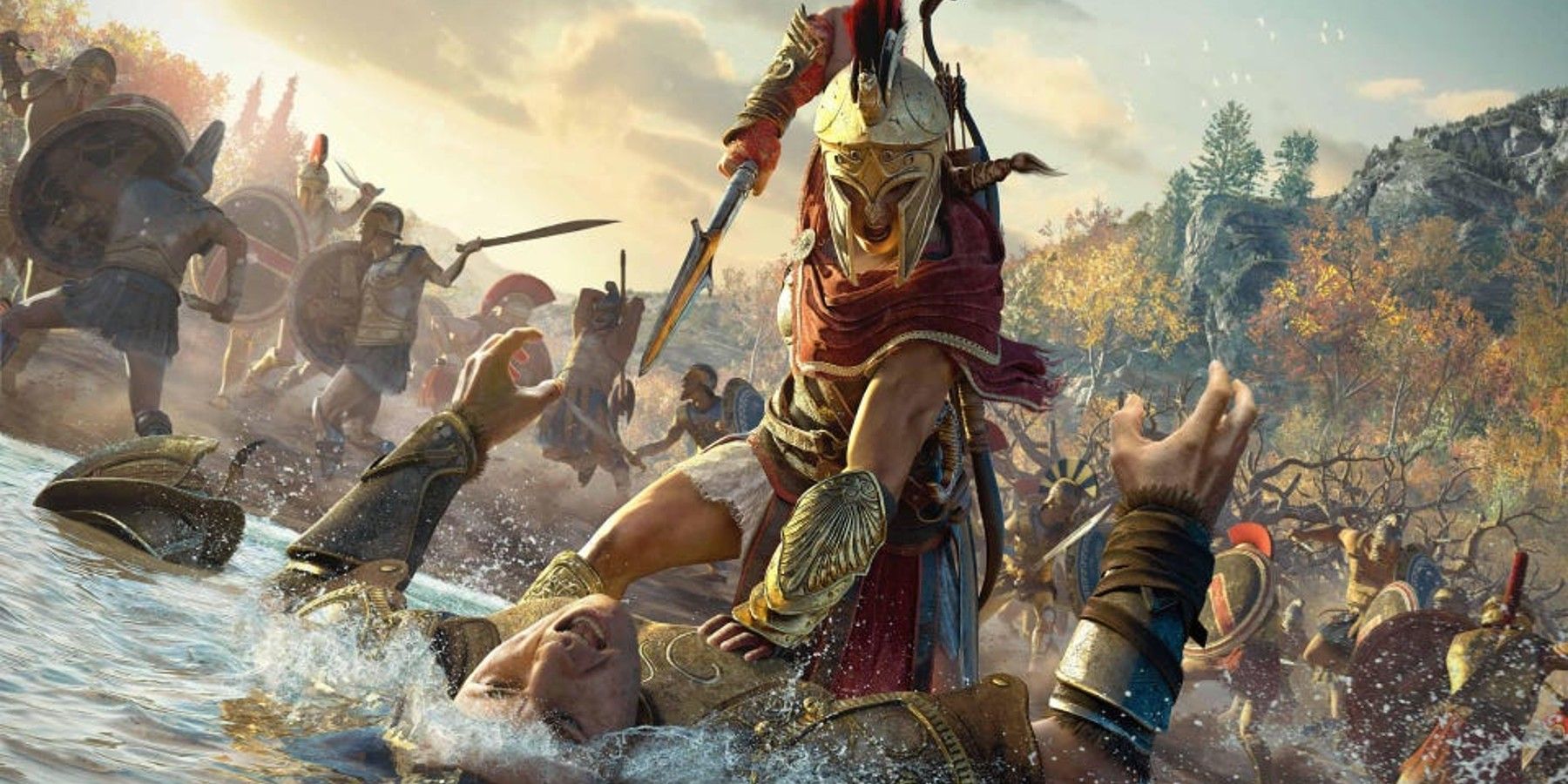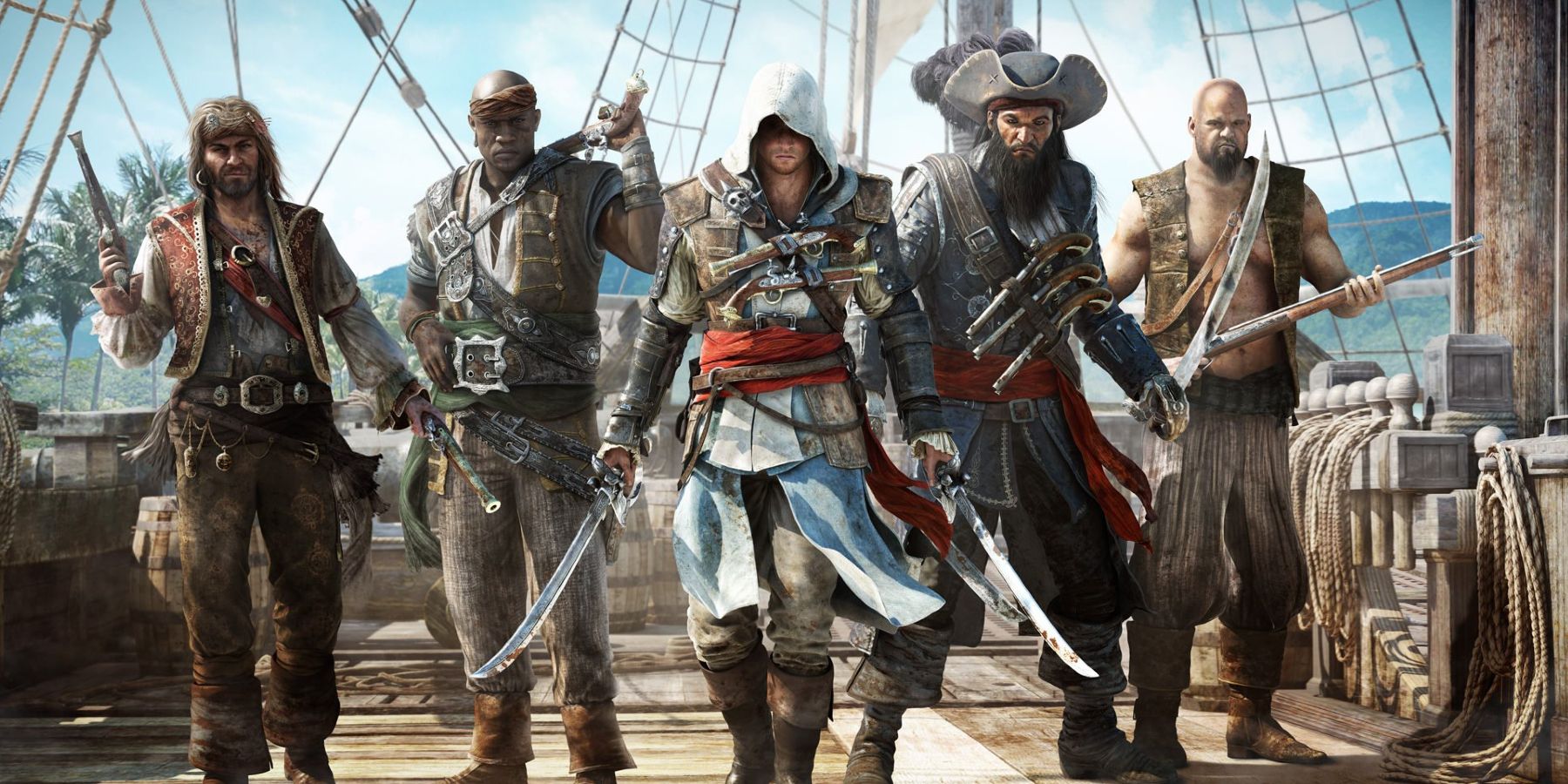The historical accuracy of the Assassin's Creed series has caused the games to evolve beyond simple action adventures into a form of virtual tourism that allows players to explore ancient civilisations. The series now offers a mode specifically for this tourism, which removes the combat elements of the game. As VR technology develops, games like Assassin's Creed can transport players into the past, at least virtually, allowing them to visit various cultures.
While the earlier Assassin's Creed games focused on the larger science fiction narrative, and players spent more time over multiple games with certain characters, there is no doubt that the real star of the recent games is the historical game world to be explored. As mentioned, these games have not only taken players to different time periods, but also to different cultures. In this respect, these games have boundless material to drawn from; examining the different time periods seen in the games offers some perspective on the scope of human history Assassin's Creed has covered so far, and the endless amount of material yet untapped.
Ancient Greece and Ancient Egypt
The earliest time period seen in any of the main games is in Assassin's Creed: Odysessy. Set during the 5th century BC, Alexios and Kassandra are the oldest playable characters who travel across Greece during the Peloponnesian War. With so much influence on modern culture and storytelling, it makes sense that Ancient Greece would be the earliest time period the games visit, especially since so much writing from the time survives today. However, there are much older civilisations in the world than the Ancient Greeks, and as such the series could go much further back in future.
Assassin's Creed: Origins takes place around 49-43 BC, during the decline of the Ptolemiac period. This game garnered particular acclaim for the way in which it allows players to visit ancient structures that survive today when they were much, much younger. While Odyssey did this too, Origins was noted for including secrets and mysteries around the ancient tombs within the pyramids of Giza, stories about which have captivated film and TV audiences for years. Only through video games can these buildings be virtually explored and seen in their original context.
Vikings and Templars: 8th to 17th Centuries AD
The time period in the first few games has been more thoroughly explored than anytime AD. The most recent game, Assassin's Creed: Valhalla takes place during the Viking invasion of the British Isles, in the years 872-878 AD to be specific. Again, tales of Vikings have long been of fascination, and particularly at the current moment, they seem to be having a revival. Assassin's Creed offers the opportunity to explore a close to authentic version of this time.
Next up chronologically is the adventures of Altair, who stars in the first game as well as some spin-offs. Altair's journey takes place during the Third Crusade, which was an attempt by Western Christian monarchs to reconquer the Holy Land. Following this, Ezio becomes the main playable character in Assassin's Creed II and a number of spin-offs. Ezio lives in the height of the Italian Renaissance that took place in roughly between the 14th and 17th century AD. Notably, these two games focus a lot more on the conflict between Knights Templar and the Assassin's, as the majority of the first few games do. Ezio's journey continues up to the 16th century AD, and in spin off games he visits places like Constantinople in the 15th century AD.
Pirates, Revolutions and More: 18th Century and Onwards
The rest of the Assassin's Creed games draw on more recent history, relatively, though they do not order them chronologically. Assassin's Creed IV: Black Flag is the next game up in chonological order, and this game lets players fulfil their dreams to be pirates, and somewhat historically accurate ones at that. The game follows Welsh pirate Edward Kenway in the Caribbean during the Golden Age of Piracy. This game suitably introduces the sailing mechanic to the series, which features in future games and allows players to traverse ancient seas as well as cities.
Assassin's Creed III follows Ratonhnhake:ton, also known as Connor, who is half Mohawk and half English. Ratonhnhnake:ton's story takes place during and after the American Revolution, in the years 1754 to 1783. The game was well recieved and sold well, and features much needed indigineous American representation in video games. The game does take a sideline stance by having Ratonhnhake:ton be half-English, though. Assassin's Creed Rogue takes place in between Black Flag and ACIII, during the Seven Years' War.
Assassin's Creed Unity and Assassin's Creed III: Liberation both take place in the 18th century, set during the French Revolution in Paris and 18th century New Orleans, respectively. Assassin's Creed Syndicate takes place in Victorian era London, which is one of the most recent time periods explored by the games. Of course, the Assassin's Creed series, and particularly the first games, have a meta-narrative set in modern day.
The present day story first follows Desmond Miles, but by games like Assassin's Creed Valhalla, this narrative is less overtly emphasized by the games which instead focus more on the virtual tourism aspect of play. Assassin's Creed Chronicles is also of note, which explores a variety of different time periods in locations like China, India, and Russia. These games are 2.5D side-scrollers, making them different from the usual Assassin's Creed experience.
While games like Fallout take real-world locations and imagine them in a post-apocalyptic setting, Assassin's Creed attempts to recreate moments in history through virtual means. These games, and the time periods they explore, emphasize the capabilities of video games as well as offering an example of a more sustainable form of tourism that could exist in the future. Of course, a great deal would have to happen to have VR overtake actual tourism, but Assassin's Creed presents one of the things that can only be replicated virtually—the past. While these are still action adventure games, the series really shines in its fantastical ability to recreate a version of ancient societies and locations.






.jpg)
